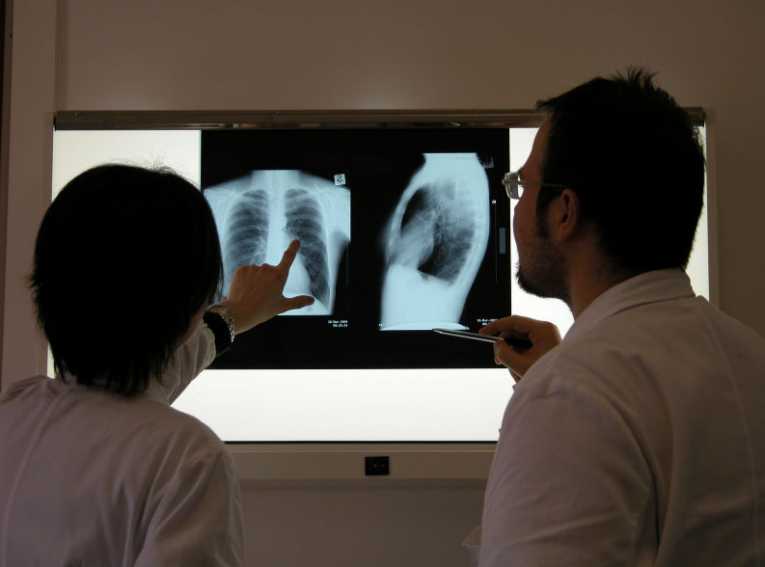A group at The University of Michigan is undertaking a project it hopes will see thousands of discarded pacemakers sent to needy individuals in the world's poorer countries.
In the United States, around 100,000 individuals undergo pacemaker implant surgery each year, costing around $10,000-$50,000 a time. When a pacemaker user dies, the device is buried with them or, if the deceased chooses to be cremated, thrown away with medical waste. Yet around one million people a year die in developing countries as they do not have access to the expensive, lifesaving devices.
Instead of binning them, scientists at the University of Michigan Hospitals are asking people to mail old pacemakers to Project My Heart-Your Heart, where they will be sterilised and shipped overseas.
"It is our hope with this project to once and for all prove that this is safe and effective therapy for those who can't afford the device," said Dr. Timir Baman, cardiac electrophysiology fellow at the University and co-founder of the project.
The National Funeral Directors Association has advised against shipping the pacemakers after the FDA stated that "Funeral directors that ship devices to a charitable organization are violating device distribution laws and are at risk for sanctions," but the project is in the process of seeking FDA approval for the scheme, in order to remove any legal concerns.
Baman has seen first-hand the desperate need for more affordable pacemakers in developing countries. “Individuals are being turned away from clinics who need pacemakers,” he said. “Some are in hospital on temporary pacemakers, waiting for a donation to come.” The group anticipates a high-demand for the recycled devices, as instances of cardiovascular disease is high in poorer countries, and parasitic diseases rife in some parts of the world can also disrupt the heart's natural rhythm.
The group has conducted a survey in the Ann Arbor area to determine how project My Heart-Your Heart would be received, and found that 87 per cent of patients would happily donate their device to people in need, and 89 per cent of funeral directors would send the devices to charity if given the chance.










